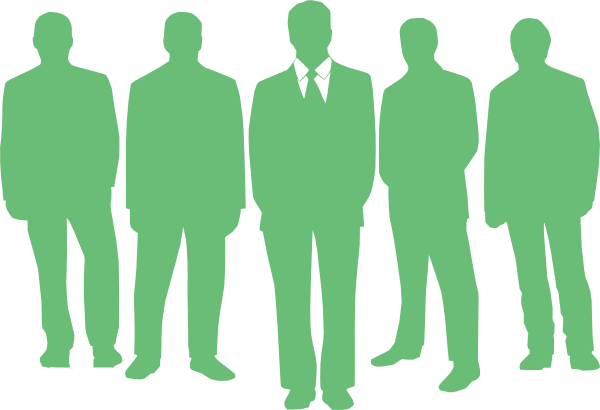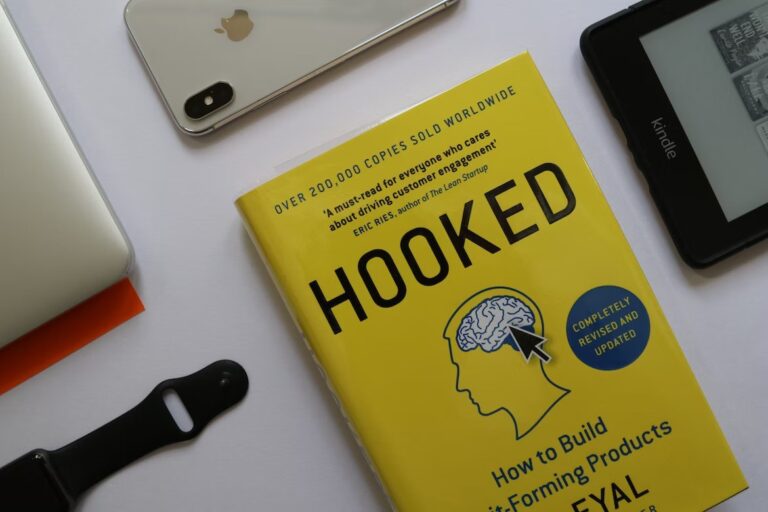A person that has been struggling with a substance use disorder and has been through a rehab centre and/or is starting to recover their life again, is a person that has taken recovery to heart and needs support but would probably not be looking for special or preferential treatment.
If anything, they want to be treated like everyone else. Many of them are keen to make a new contribution; to make the most of their second chance so the support that is probably most effective would be to give them the opportunity to rebuild themselves without the stigma, recourse and scrutiny.
Encouragement and validation are not specific to addiction, these are human traits, thus the simple act of helping someone by being a good human that encourages, supports and takes the time to understand is probably the best employer attitude you could take with all employees.
Keep in mind recovery is a journey that people take and it’s happening everyday inside and outside the workplace and themselves on top of work tasks and family issues. Work is often a great channel for employees in recovery to dive into and keep themselves busy and motivated.

For all that, things aren’t as they were. They’re certainly better, but also different. Recovery is not complete the moment someone comes out of treatment but is ongoing.
They’ll need to ease back into work; to restore their concentration, professional confidence, and regain colleagues’ respect.
Our experience at Recovery Direct is that their return often needs some guidance. That’s why we collaborate with our network of occupational therapists, addictions counsellors, life coaches and even dieticians and exercise practitioners.
Recovery is about abstinence-plus some very necessary systemic lifestyle changes.
We like to have a back-to-work meeting with the recovering staffer, human resources, general management and anyone else they’ll work with closely.
We discuss what happened in treatment, the follow-up phases of the programme and life coaching (though these are unlikely to disrupt the working day, they’re vitally necessary to recovery), and any necessary changes in the work schedule like travel or supervision. For the company, it’s an opportunity to discuss future performance measurements and conduct.
Which brings us to the question of possible relapse?
Don’t let the idea scare you. It may be a once-off occurrence. The usual causes? Inadequate treatment or follow-up, physical cravings that are difficult to control, use of other mood-altering substances including prescription drugs, underlying mental or physical illness … or simply because the person got lazy or complacent.
There are also questions that good directors and managers will ask about the company itself. Is there a drinking culture, where alcohol is the celebration or solace for success or failure? Was there something that prevented the alcoholic or addict from getting help? Are stress and long hours are seen as ambitious virtues? And how can things be managed better in future?
Again, Recovery Direct has the resources and insights that others may miss.
Recovery Direct is run by a group of some of the best treatment professionals in the industry and the Recovery Direct team to address the fundamental shortfalls in dealing with addiction in the context of professional workplace environments.

















